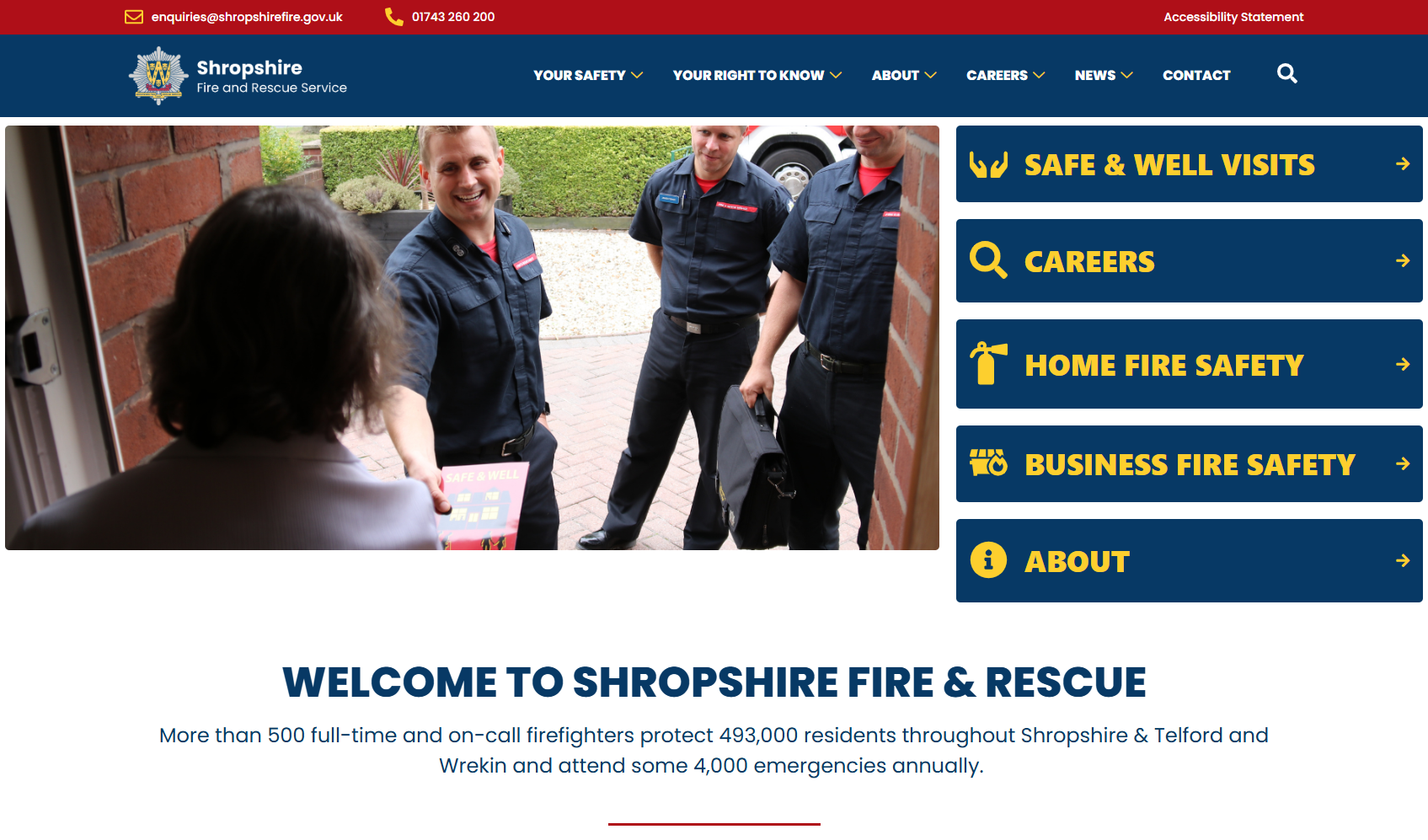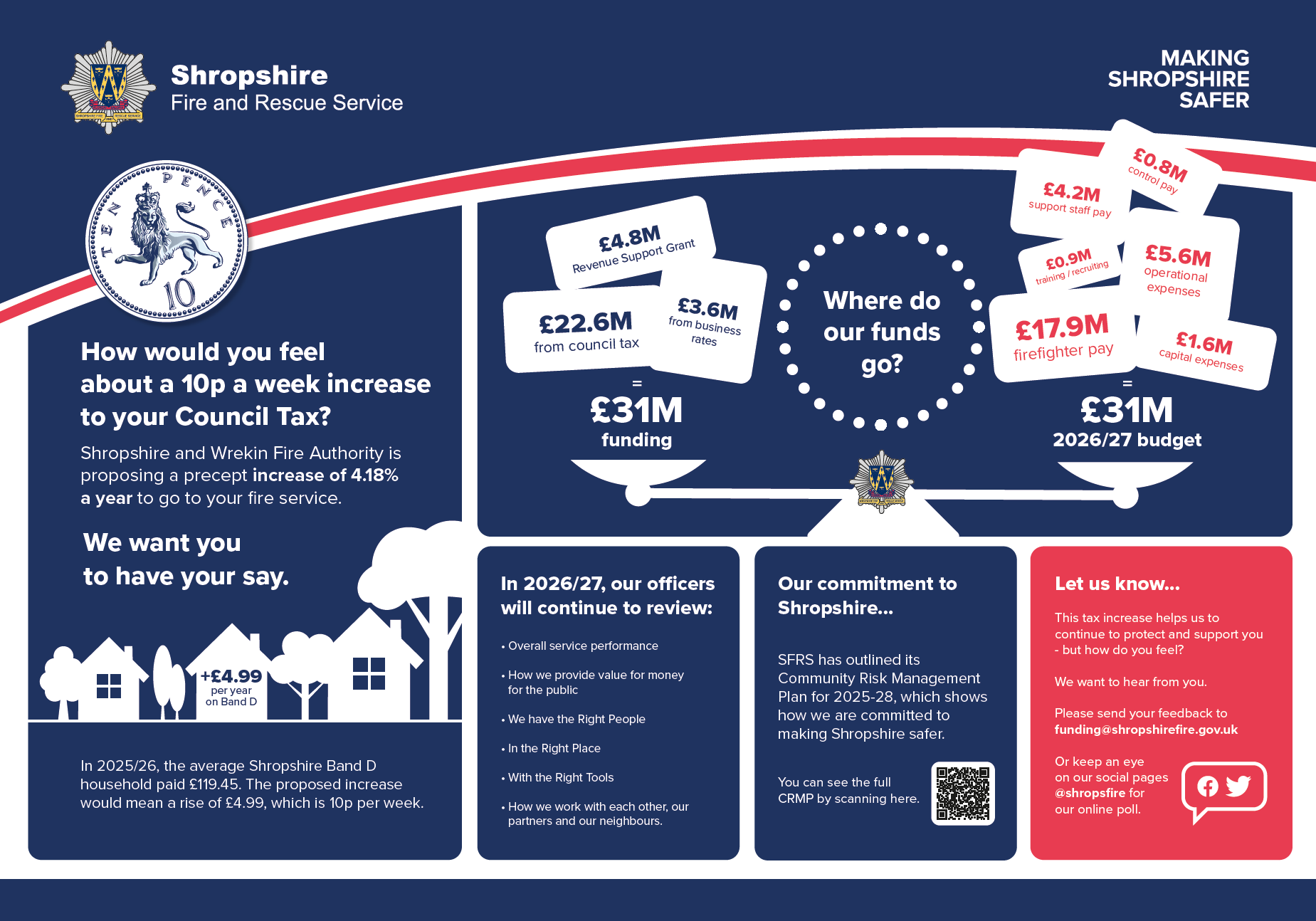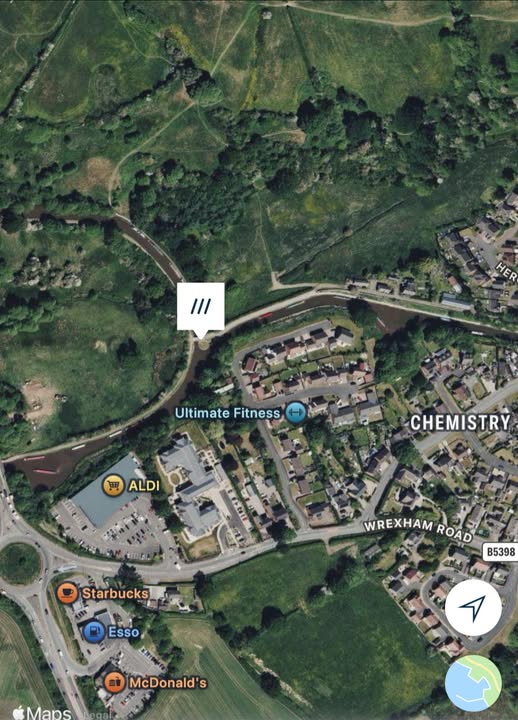Make a hoax fire call and lose the use of your mobile – that is the message from Shropshire Fire and Rescue Service which is taking tough action to combat the crime.
There are more than 400 malicious 999 calls made to fire control at Shrewsbury fire HQ each year sending firefighters and fire appliances on rogue missions when they may be needed at a real emergency.
“Making a hoax call is a malicious action. One foolish caller may think it is a joke to call out the fire service but it will result in someone’s death if we can’t get to them in time because we have been called out by a hoaxer,” said Dave Bartlett of the Service’s Fire Signal Team.
“It is a criminal offence to make an emergency 999 call in the full knowledge that there is no emergency.”
Anyone convicted of making a malicious emergency call faces a maximum £2,000 fine and/or one year in prison.
“People must understand that whenever a 999 call is made, we always record the call, so we can identify the caller’s voice, and we always know the number of the telephone being used to make the call.”
Shropshire Fire and Rescue Service will now be contacting the telephone networks to request the disconnection of any mobile telephones used to make malicious emergency calls.
Firefighters regularly go into Shropshire schools to educate pupils about making malicious fire calls along with teaching them about fire safety and fire prevention which has helped reduce fires across the county.
“Most of our malicious calls originate from children and young adults and I would like to impress upon them that once they have had their phone disconnected, their provider will not reinstate the service. £70 or £80 is a lot to pay for a piece of plastic that can no longer be used as a phone or to text your friends.”
“We are concerned that the continuing misuse of this public emergency system is putting road users at risk, removing essential fire cover for real emergencies and reducing the time available for our staff to carry out public safety work and training.”




